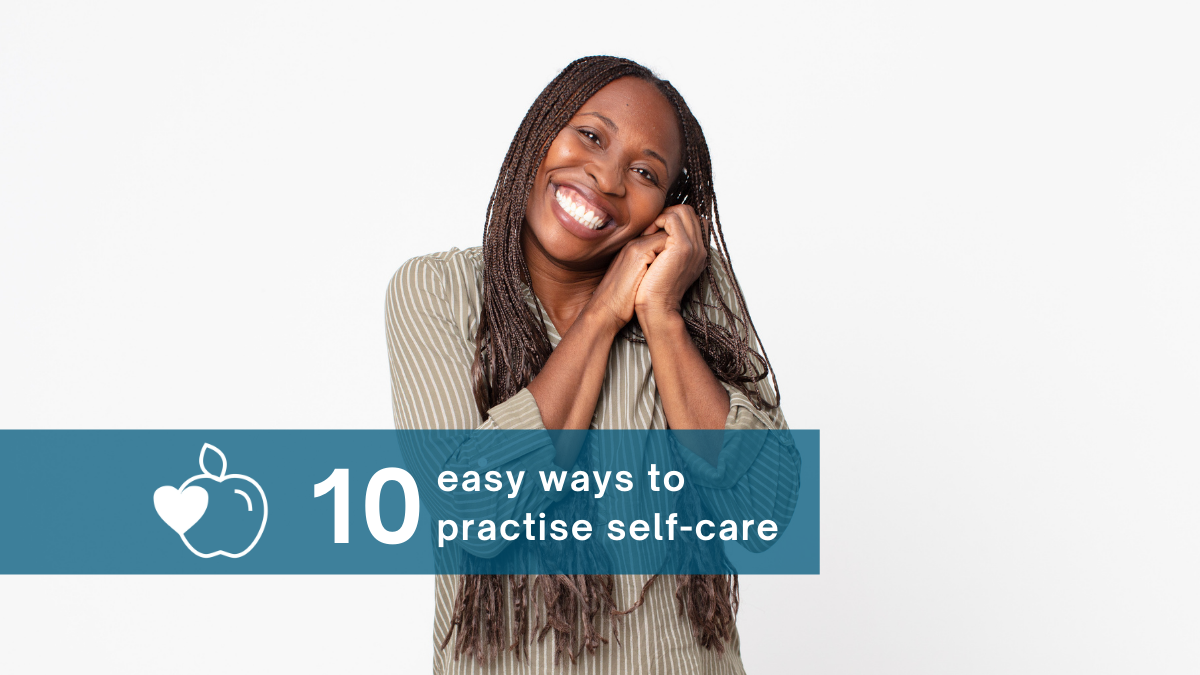This schooling year is already considerably different to previous years. Teachers all over the world remain unable to plan ahead, both in their classrooms and in their personal lives.
If you are a teacher who feels like you have carried the emotional burdens of all your learners during this pandemic, you are not alone.
One 2020 research report examining the effects of South Africa’s school closures found that 62 of the 93 educators who responded to the survey were concerned about their own stress levels and emotional wellbeing when schools reopened last year.
Teachers have also been under immense, unprecedented pressure for more than a year now. From implementing Covid-19 protocols and trying to fill the learning gaps following prolonged lockdowns, to financial concerns, pressure to upskill and adopt new technologies, as well as grieving for loved ones lost during the pandemic, teachers worldwide are carrying heavy burdens.
If you are struggling to give attention to the gamut of emotions building up within, this article should give you some practical ways to start taking care of yourself, today.
1. Only control what’s in your control
Covid-19 has brought along much uncertainty. The inability to control matters like teaching time, whether activities are considered ‘safe’ or not, when your learners will be able to take part in extra-murals, and so forth, can feel overwhelming. However, you can control how much negativity you allow yourself to feel, and refocus on what is actually within your power. Focus on how you can make the most of the time given at school and control how not to let school stress seep into your personal life.
2. Teach yourself self-compassion
As a teacher, you probably remind your learners often not to be hard on themselves. Now you need to show compassion to yourself too. Believe that what you are doing for yourself, your students and your school is enough. Wrap your head around why some things don’t get done and cut yourself some slack.

3. Communicate
It is always tough to deal with something on your own. Speaking to supervisors, phase heads or even colleagues about how you are feeling can be helpful. Being open about your stresses not only allows others to assist you – it also opens up a conversation for your colleagues to talk about their stresses too.
4. Celebrate yourself through positive affirmations
As easy as it may be to put yourself down, remember that your learners and co-workers may actually see you as the glue holding everything together. The fact that your students are eager to come to school every day to be taught by you is an indication of your value. Celebrate yourself for the little things you do, keeping this top of mind by reciting affirmations like, ‘I have made a difference in someone’s life today!’

5. Use a journal to reflect
If you love to feel organised by writing things down, then journaling should come naturally to you. Whether you’re using a journal to stay on top of things and including positive comments to stay inspired, or you’re writing down detailed thoughts and feelings, these regular check-ins with yourself can help you to feel less overwhelmed.
6. Have a time out
If you work like a robot, it’s especially important to remember that a break is well deserved. Sit down and take a moment. Get some fresh air, keep your phone on silent, watch a movie or even cuddle up with your pet. Allow yourself some breathing time. You do not need to work beyond school hours when it is not necessary.

7. Make room
Big, overwhelming feelings do not need to be debilitating. Allow yourself to understand your feelings and curiously consider specific feelings and stresses. Consider how the sky makes room for the storm, no matter its size. In the same way, you can make room for any big feelings you experience without them destroying you. Breathe in and out deeply as you acknowledge these feelings.

8. Write your own story
You have the power to change course and write your own story; to live a life where you prioritise your health and physical wellbeing. Consider what you’d like to change and set realistic goals for how you want to address these areas of your life, whether it’s cooking healthier meals, sleeping more, or exercising.
9. Look to your pupils for added positivity
Having meaningful discussions with your students can be incredibly rewarding, and remind you why you wake up and go to school every morning.

10. Reach out to a counsellor
If you feel like your mental health is a concern, consider speaking to an expert. A trained therapist or counsellor not only gives you a safe space to communicate but also offers you tools to address challenges in your life. Sometimes just making that first appointment can be the ultimate act of self-care.
About the author:
Laila Abramjee is an English teacher and online coding instructor for children from all around the world. With a keen interest in emotional wellbeing, Laila is studying counselling and volunteers as a counsellor at the Counselling Hub – a low-cost counselling service in Cape Town that supports individuals facing life challenges.



